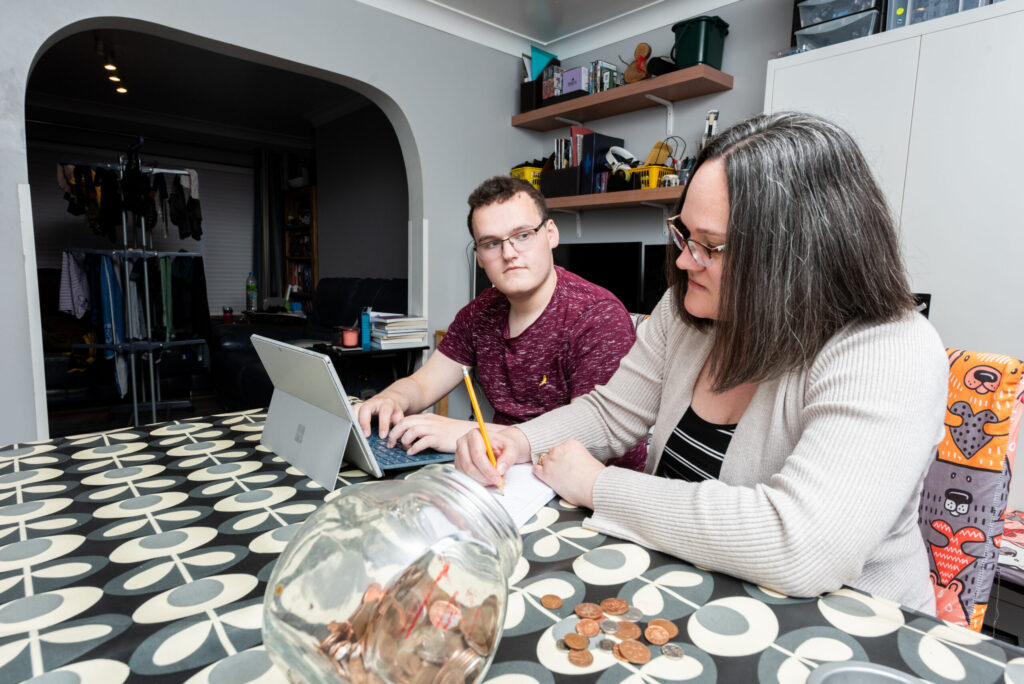What does the new government data tell us about the lives of disabled people?

Today, the Government has published the annual Family Resources Survey for 2022 to 2023.
In case you don’t know already, the Family Resources Survey is one of the more reliable datasets on the number of disabled people in the UK. We have even based our own estimates of the number of people with complex disabilities on it!
In 2022/2023, there were 16.1 million disabled people in the UK. This is a slight increase from 2021/22 where there were 16 million. This means that nearly 1 in 4 people in the UK were classed as disabled (23%).
This has gone up from 2012/2013 where the proportion of disabled people in the UK was 19%.
The proportions of children, working aged adults and those of state pension age classed as disabled has also increased.
This shows that over the last 10 years, more people in the UK are classed as disabled.
Although the Family Resources Survey tell us how many disabled people there are in the UK, it doesn’t tell us much about their lives and experiences.
We know from our own research and work that disabled people, including those with complex disabilities have differing experiences from the general population.
Our Potential and Possibility research has found that people with complex disabilities are more likely to be:
- Less happy and more anxious than the general population
- Twice as likely to feel lonely compared the general population
- More likely to be adversely impacted by the cost of living crisis
This is only part of the picture of the inequalities and difficulties faced by people with complex disabilities. It also demonstrates the importance of more research to better understand their experiences. This is why we welcome the actions set out in the Disability Action Plan to improve research, evidence and understanding of the experiences of disabled people.
However, there is more to do than just research to help improve the lives of disabled people. Without leadership and more joined up working across Government, ambitions to improve the lives of disabled people including the actions set out in the Disability Action Plan will continue to fall short.

